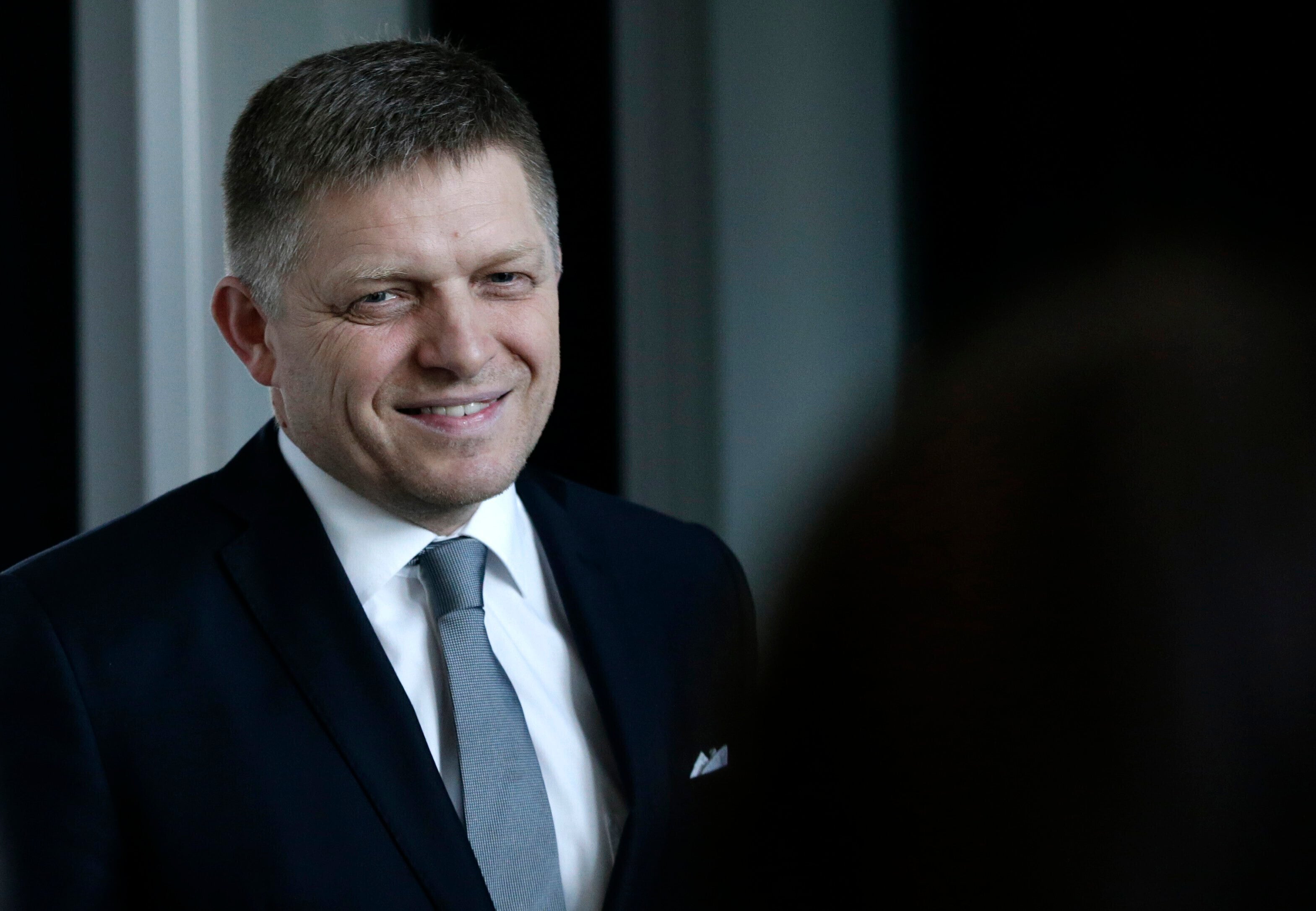Slovakia: Lawmakers refuse to lift ex-leader's immunity
Slovakia’s parliament has refused to waive immunity rules and allow the detention of former Prime Minister Robert Fico

Your support helps us to tell the story
From reproductive rights to climate change to Big Tech, The Independent is on the ground when the story is developing. Whether it's investigating the financials of Elon Musk's pro-Trump PAC or producing our latest documentary, 'The A Word', which shines a light on the American women fighting for reproductive rights, we know how important it is to parse out the facts from the messaging.
At such a critical moment in US history, we need reporters on the ground. Your donation allows us to keep sending journalists to speak to both sides of the story.
The Independent is trusted by Americans across the entire political spectrum. And unlike many other quality news outlets, we choose not to lock Americans out of our reporting and analysis with paywalls. We believe quality journalism should be available to everyone, paid for by those who can afford it.
Your support makes all the difference.Slovakia’s parliament refused Wednesday to waive immunity rules and allow the detention of former Prime Minister Robert Fico, who has been charged with creating a criminal group.
Only 74 of the 150 lawmakers in the National Council voted in favor of the prosecution request, two short of the majority needed. Prosecutors said they wanted to take Fico into custody to prevent him from influencing witnesses.
Fico has denied any wrongdoing, saying the charges brought last month were politically motivated. He said the case against him and his former interior minister, Robert Kalinak, was designed to destroy the political opposition.
Fico is currently a lawmaker for his leftist opposition Smer-Social Democracy party, giving him legal immunity. Kalinak, who was detained, currently works as a lawyer.
Slovakia’s four-party ruling coalition has a comfortable parliamentary majority, so the outcome of Wednesday's vote reflected a split in the coaltion.
The coalition government made fighting corruption a key policy issue. Since it took power after the 2020 general election, a number of senior officials, police officers, judges, prosecutors, politicians and business people have been charged with criminal offenses.
Fico, who is considered a populist politician, served as the prime minister during 2006-2010 and again from 2012 to 2018.
He resigned after the 2018 slayings of an investigative journalist, Jan Kuciak, and his fiancee, Martina Kusnirova.
Kuciak had been investigating possible government corruption when he was killed. The killings prompted major street protests unseen since the 1989 Velvet Revolution in Czechoslovakia and a political crisis that led to the government’s collapse.